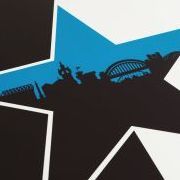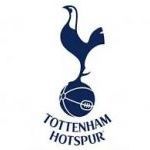Challenges The Sir Bobby Robson Challenge
-
Join in on the discussion
Register now to FMM Vibe to be able to download files, create discussions, get help, and pass on your experiences to others.
Register Now Free, Quick and Easy -
New Topics
-
Latest Posts





Recommended Posts
Join the conversation
You can post now and register later. If you have an account, sign in now to post with your account.
Note: Your post will require moderator approval before it will be visible.